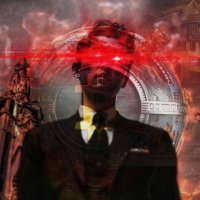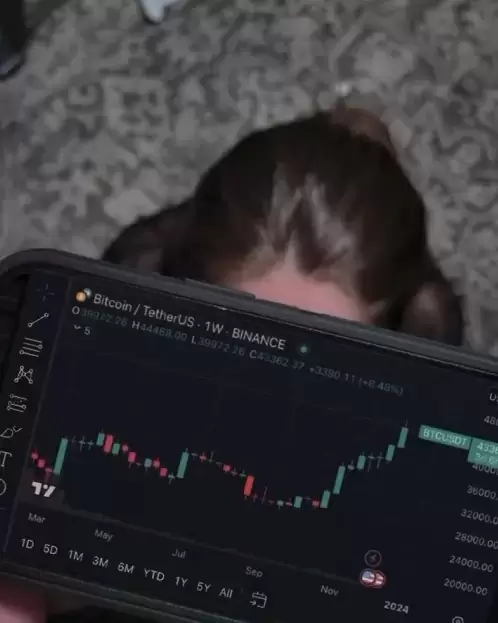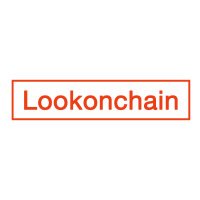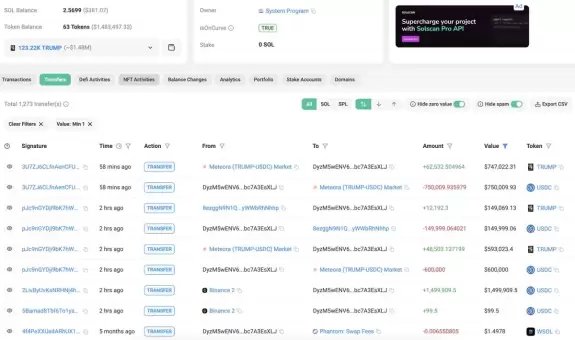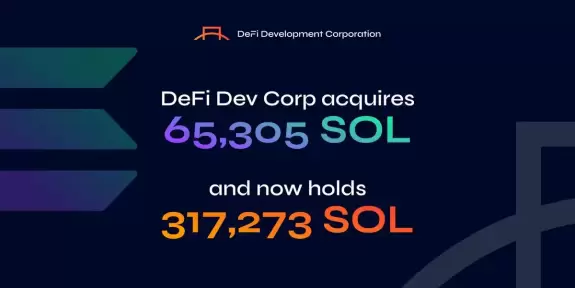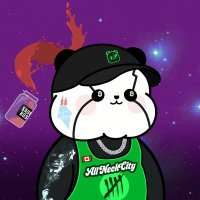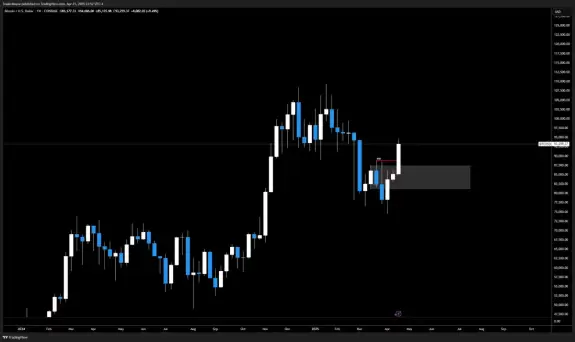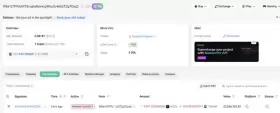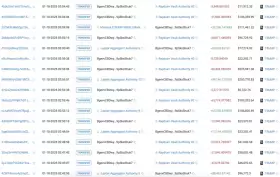Communtity feeds
-

- Twitter source
- Wise Crypto Apr 24, 2025 at 01:16 pm
Hits All-Time High! Q1 2025 trading volume skyrocketed to $205.3B, a 922% jump from Q1 2023.
5.8M traders
114.4M transactions CAKE Tokenomics 3.0 now live
#DeFi is cooking
$CAKE #PancakeSwap

-

- Twitter source
- Lambo Gems🔴 Apr 24, 2025 at 01:04 pm
-

- Twitter source
- Lookonchain Apr 24, 2025 at 12:43 pm
After 5 months of inactivity, a wallet suddenly withdrew 1.5M $USDC from #Binance to buy 123,228 $TRUMP. Is this a move to secure a seat at the $TRUMP dinner? https://solscan.io/account/DyzM5wENV6YwvC5umXYjGxb1WCE4FfZy11bc7A3EsXLJ#transfers…
to buy 123,228 $TRUMP. Is this a move to secure a seat at the $TRUMP dinner? https://solscan.io/account/DyzM5wENV6YwvC5umXYjGxb1WCE4FfZy11bc7A3EsXLJ#transfers… 
-

- Twitter source
- Cointelegraph Apr 24, 2025 at 11:30 am
- $BTC This would be sweet. Weekly structure shift, weekly breaker, higher low, we aren't poor anymore.

-

- Twitter source
- Lookonchain Apr 24, 2025 at 10:46 am
- $PEPE Will Reach All Time Highs This Cycle.
-
- Twitter source
- {{val.author }} {{val.createtime }}






























































